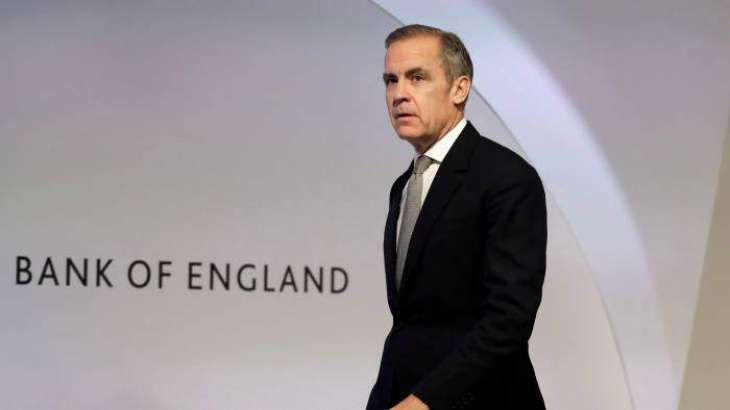The Bank of England will make leading banks and insurers undertake stress tests to assess their response to the potential environmental and political risks caused by a rise in global temperatures, a press release stated on Wednesday
MOSCOW (Pakistan Point News / Sputnik - 18th December, 2019) The Bank of England will make leading banks and insurers undertake stress tests to assess their response to the potential environmental and political risks caused by a rise in global temperatures, a press release stated on Wednesday.The stress tests, termed the Biennial Exploratory Scenario (BES), will allow the Bank of England to assess the potential impact of climate change on leading banks, and make recommendations for future action, the press release said. The results of the stress tests, which are the first of their kind, will be published in 2021.
"The BES is a pioneering exercise, which builds on the considerable progress in addressing climate related risks that has already been made by firms, central banks and regulators. Climate change will affect the value of virtually every financial asset; the BES will help ensure the core of our financial system is resilient to those changes," Bank of England Governor Mark Carney said.
According to a Bank of England discussion paper, the stress test will consist of multiple scenarios that will assess the UK financial system's ability to respond to distinct climate scenarios, ranging from the immediate adoption of policy set out in the Paris Agreements, to a scenario where no further action is taken to prevent climate change.
England's central bank noted that climate change poses a range of local and global risks, such as increased regional flooding, a rise in international migration and the increased frequency of climate disasters.
In April, a Bank of England report estimated that climate change could cause up to $20 trillion in losses.



